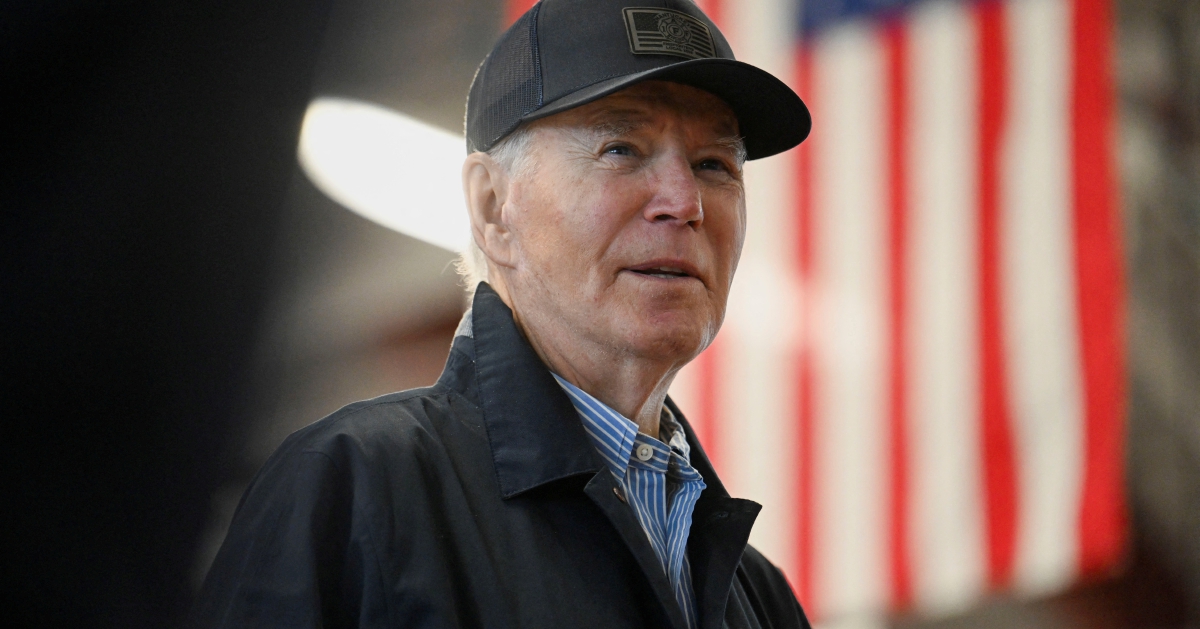





On December 2, 2024, the U.S. Department of Commerce announced the imposition of preliminary anti-dumping duties on solar cells and modules imported from Cambodia, Malaysia, Thailand, and Vietnam, with tariffs reaching as high as 271.2%. This decision follows a petition filed by Hanwha Qcells and First Solar in April, aimed at addressing concerns over unfair pricing practices in the solar market. Notably, Jinko Solar faces duties of 21.31% for Malaysian products and 56.51% for Vietnamese products, while Trina Solar is subjected to tariffs of 77.85% for Thai products and 54.46% for Vietnam. Interestingly, Hanwha Qcells received a zero dumping margin for its Malaysian products. These tariffs come on the heels of previously imposed anti-subsidy duties in October, further tightening the U.S. trade stance against solar imports from Southeast Asia. [4f161354]
The U.S. government’s actions are seen as a strategic move to protect domestic solar manufacturing investments amid growing concerns over China's influence in the solar market. In recent years, Chinese manufacturers have significantly increased their production capabilities, holding an 80% share of the global solar market. As a response to the anticipated tariffs, companies like JinkoSolar and Trina Solar have begun establishing production facilities within the U.S. to adapt to the changing trade landscape. [c0ff0755]
The U.S. solar market has experienced significant fluctuations, with imports from China dropping from over 50% in 2011 to just 1% in 2018. The competitive landscape has also seen a notable decrease in the prices of solar cells, which have dropped by 39% to 48% due to excess capacity in the market. [dd84a5c8]
Experts suggest that future U.S. administrations may continue to tighten restrictions on solar imports. Ron Cai from Zhong Lun law firm indicates that the evolving trade policies could further impact the market, while Kevin Wang from TCL Technology emphasizes the need for Chinese companies to remain adaptable to these changes. The situation remains fluid as both nations navigate the complexities of international trade relations. [23210312][943c43b1][fb918cde]